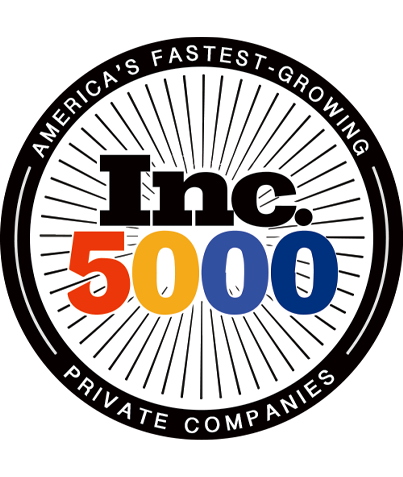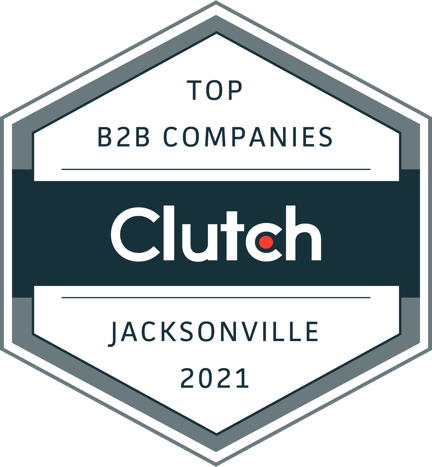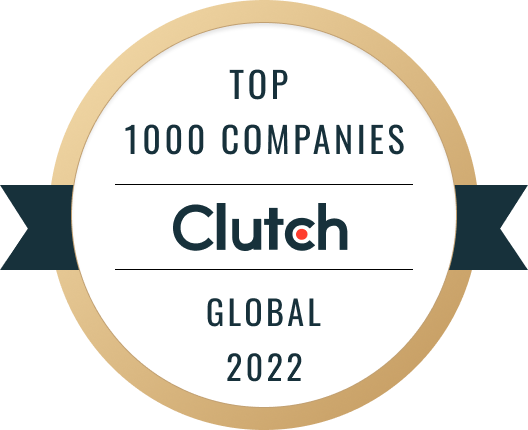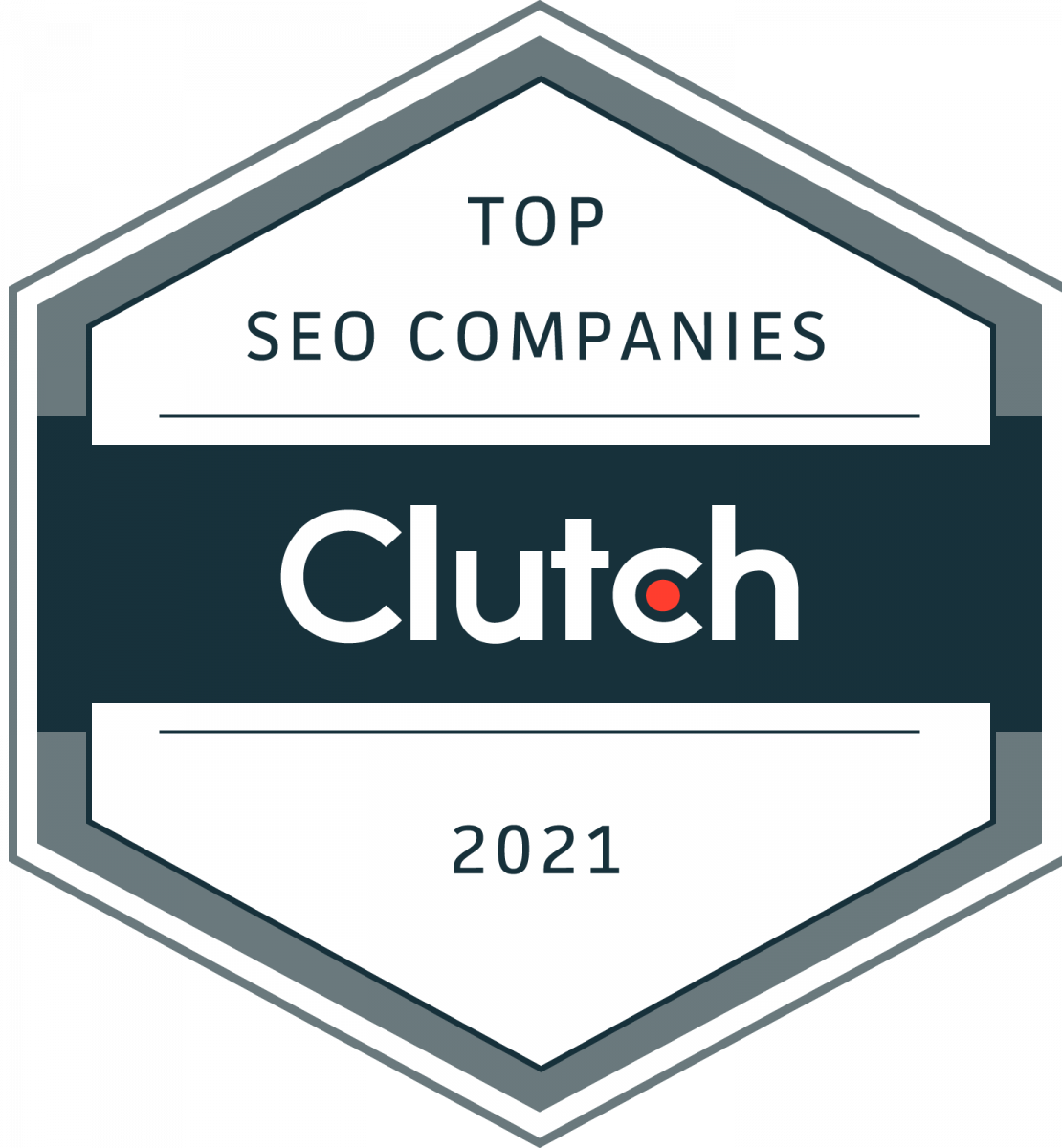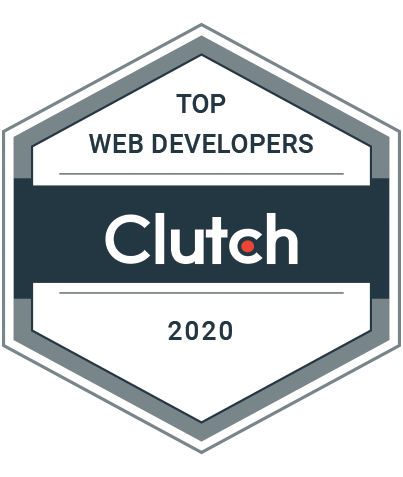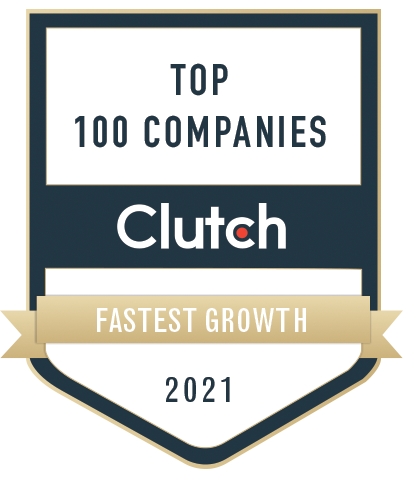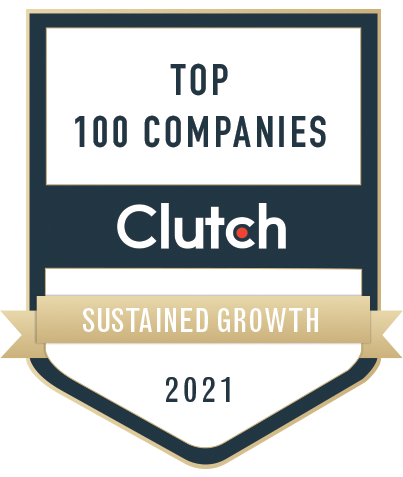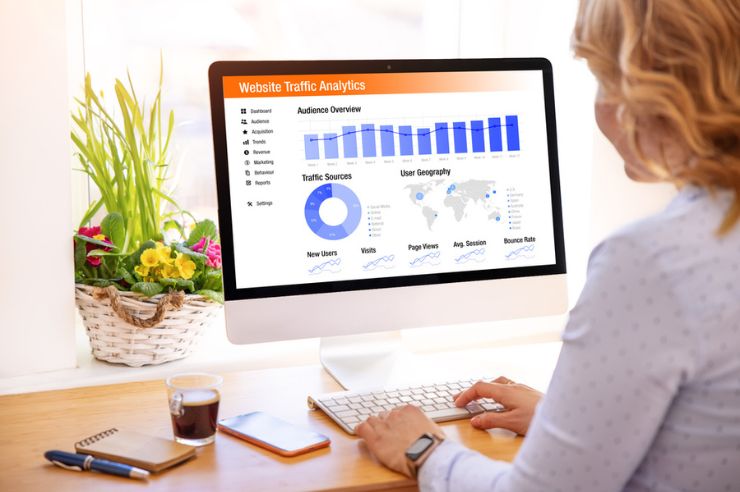Marketing is the cornerstone of business success. Whether you aim to attract new customers, build brand authority, or increase revenue, your marketing strategy defines how well you meet your goals. Two powerful methods often dominate the conversation: organic marketing and paid marketing. While both offer distinct advantages, the question remains: which is better for your business, organic marketing vs. paid marketing? Let’s find out.
What Is Organic Marketing?
Organic marketing refers to strategies that naturally build a brand presence over time. Organic marketing strategies rely on creating valuable content, engaging with audiences, and optimizing online visibility through non-paid channels. Unlike paid marketing, organic efforts emphasize long-term relationships and sustainable growth rather than immediate results.
Common Misconceptions About Organic Marketing
One of the biggest myths regarding organic marketing is that it is “free.” While you’re not paying for ad placements like you would with paid marketing, it requires a significant investment in time, effort, and expertise. Also, it’s important to note that organic marketing isn’t necessarily slow to produce results. Yes, it takes time to gain traction, but the long-term benefits outweigh the initial waiting period.
Examples of Organic Marketing
Your organic marketing will rely heavily on creativity, consistency, and relevance across different channels. Here are some of the most effective:

- Search Engine Optimization (SEO): Optimizing your website and content for search engines to improve visibility and drive traffic.
- Social Media Engagement: Sharing posts, engaging with followers, and building a community without relying on paid promotions.
- Blog Content: Publishing valuable articles that address your audience’s pain points, establish your authority, and improve search rankings.
- Email Newsletters: Keeping your audience informed and engaged with regular updates and exclusive offers.
- Referral Traffic: Building partnerships and collaborations to drive visitors to your website through trusted sources.
What Is Paid Marketing?
Paid marketing involves promoting products or services through advertising platforms in exchange for a fee. Paid marketing strategies focus on achieving immediate visibility and driving quick results, making them an excellent choice for businesses looking for measurable ROI and rapid audience engagement.
Common Misconceptions About Paid Marketing
While paid marketing can be successful, success isn’t guaranteed. For it to garner the traction you’re looking for, effective paid marketing campaigns require strategic planning, compelling creatives, and ongoing optimizations to provide fast visibility and conversions.
It’s also important to note that paid marketing isn’t just for companies with large budgets. While more money does help, businesses of all sizes can leverage paid marketing by starting small and scaling up based on their performance.
Examples of Paid Marketing
Paid marketing focuses on leveraging platforms and tools to reach targeted audiences. Here are some of the most compelling examples:

- Search Ads: Ads that appear on search engine results pages (SERPs) based on user searches for specific keywords.
- Social Media Ads: Targeted ads on platforms like Facebook, Instagram, LinkedIn, and TikTok, tailored to demographics, interests, and behaviors.
- Display Ads: Visual banners or interactive advertisements on websites, apps, or video platforms.
- Retargeting Campaigns: Reaching out to users who have visited your website or interacted with your brand, encouraging them to take the next step.
- Influencer Sponsorships: Collaborating with influencers to promote your product or service to their engaged audience.
- Pay-Per-Click (PPC): Paying for ad placements where advertisers are charged each time their ad is clicked.
- Video Ads: Engaging video content shared on platforms like YouTube, social media, or streaming services.
Key Differences Between Organic Marketing and Paid Marketing
While organic and paid marketing aim to drive growth and visibility, they take fundamentally different approaches. Organic marketing focuses on building trust and authority over time, offering sustainable, long-term results, while paid marketing delivers immediate visibility and is ideal for campaigns requiring precise targeting or quick returns.
Below is a detailed comparison of the key differences between organic vs paid marketing methods:
| Aspect | Organic Marketing | Paid Marketing |
| Timeline for Results | Long-term; requires patience | Immediate; quick visibility |
| Cost | Investment in time and resources | Direct financial investment |
| Targeting | Broader; relies on SEO and engagement | Precise; data-driven targeting |
| Longevity | Sustainable; builds lasting impact | Short-term; requires ongoing funding |
| Scalability | Gradual; depends on content strategy | Rapid; budget-dependent |
By understanding these differences, businesses can effectively balance both strategies to achieve immediate results while nurturing long-term growth.
Timeline for Results
Organic marketing requires patience, as the benefits can often take several months to materialize. Building a solid foundation through SEO, content, and audience engagement is gradual but offers long-term rewards.
Paid marketing, in contrast, delivers immediate results. Campaigns can generate traffic, leads, or sales as soon as they’re launched, making it an ideal choice for short-term goals or time-sensitive initiatives.
Costs of Organic and Paid Marketing
Although the cost of organic marketing doesn’t involve direct advertising costs, it demands significant time, expertise, and consistent effort. This includes creating high-quality content, optimizing it for search engines, and maintaining audience engagement.
Paid marketing, such as Google Ads, requires a direct financial outlay to fund ads, manage campaigns, and create compelling creatives. However, the ability to track ROI allows businesses to quickly gauge the effectiveness of their spending and make necessary adjustments.
Targeting
Organic marketing uses strategies such as SEO and content creation, among others, to attract diverse audiences. While less precise, it fosters trust and authority by engaging users over time.
Paid marketing excels in precision. Platforms offer data-driven targeting based on demographics, behaviors, and interests, making it ideal for reaching niche markets or retargeting past visitors with tailored messages.
Longevity
One of organic marketing’s greatest strengths is its sustainability. Content such as blogs, videos, and optimized web pages can continue to generate traffic and engagement for years.
Paid marketing, however, is short-lived. Once ad funding stops, so does visibility, requiring ongoing investment to maintain momentum.
Scalability
Scaling organic marketing efforts gradually depends on consistent content creation and strategy. While it’s cost-effective over the long term, growth takes time.
However, paid marketing can be scaled rapidly. Increasing the budget allows businesses to quickly expand their reach and target new audiences, making it ideal for campaigns requiring immediate growth.
Benefits of Organic Marketing
Organic marketing is a powerful strategy for businesses looking to establish long-term growth and meaningful connections with their audience. Unlike paid marketing, it relies on natural engagement and value-driven content to build trust and authority. Here’s a deeper look into its key benefits:
Cost-Effectiveness
Organic marketing requires an upfront investment of time and resources, but once your content gains traction, it generates consistent traffic and leads. Blog posts, videos, and optimized web pages can continue to attract audiences and drive conversions for years, offering unmatched value over time.
Stronger Brand Authority
By consistently delivering high-quality, informative, and relevant content, organic marketing positions your brand as an industry leader. Audiences come to view your business as a trusted source, making them more likely to engage, recommend, and convert.
Improved SEO Performance
Search Engine Optimization (SEO) is a cornerstone of organic marketing. Regularly publishing optimized content strengthens your website’s domain authority, improves keyword rankings, and enhances visibility in search engine results. Over time, this leads to a self-sustaining cycle of traffic and engagement.
Sustainable Growth
Organic strategies prioritize relationship-building with your audience, creating a steady and reliable traffic flow and leads. By fostering trust and delivering consistent value, businesses can achieve long-term growth that doesn’t depend on continual ad spend.
Customer Trust
Audiences are increasingly wary of overt advertising and trust brands that provide organic, valuable content. Organic marketing shows your commitment to helping your audience solve problems, making them more likely to engage and convert.
Benefits of Paid Marketing
Paid marketing allows businesses to achieve rapid results, efficiently scale their efforts, and precisely target their target audience. By leveraging paid strategies, brands can maximize their visibility and gain an immediate competitive edge. Below are the key paid advertising benefits of incorporating paid marketing into your overall strategy:
Quick Results
Paid marketing is unmatched in its ability to deliver immediate visibility and impact. It’s particularly effective for time-sensitive campaigns, such as product launches, seasonal promotions, or flash sales, as it allows you to capture your audience’s attention immediately and drive conversions.
Precise Targeting
Paid marketing ensures your ads reach the right people at the right time with advanced targeting capabilities. Platforms like Google Ads and social media networks allow businesses to target audiences based on demographics, interests, behaviors, and even specific actions, maximizing the relevance and effectiveness of each campaign.
Scalability
One of the standout features of paid marketing is its scalability. Campaigns can be easily adjusted to meet performance goals and budget constraints. Whether you want to start small and gradually increase your ad spend or rapidly scale up during peak demand periods, paid marketing provides the flexibility to match your business needs.
Measurable ROI
Paid marketing offers unparalleled transparency in tracking performance. Analytics tools provide real-time data on metrics like click-through rates (CTR), conversions, cost-per-click (CPC), and return on ad spend (ROAS). These insights empower businesses to optimize campaigns continually, ensuring maximum ROI.
Reach New Audiences
Paid campaigns help you expand beyond your existing customer base by tapping into untapped markets. With tools like lookalike audiences, geo-targeting, and interest-based targeting, businesses can connect with new segments and increase brand awareness among potential customers.
Choosing Between Organic and Paid Marketing for Your Business
Deciding between organic and paid marketing—or how to combine the two—requires a clear understanding of your business’s needs, objectives, and resources. By evaluating key factors, you can create a marketing strategy tailored to your unique goals. Here’s a comprehensive guide to making the right choice:
Define Your Goals
Start by clarifying what you hope to achieve.
- For Immediate Results: If your priority is to generate leads, drive traffic, or boost sales quickly, paid marketing is the most effective route.
- For Long-Term Growth: If you’re focused on building brand awareness, fostering customer loyalty, or improving your online presence, organic marketing is the better choice.
- For Both: If your goals include short-term and long-term outcomes, a hybrid strategy combining organic and paid efforts can maximize results.
Assess Your Budget
Your available resources play a critical role in determining which strategy to prioritize.
- Limited Budget: If funds are tight, organic marketing offers a cost-effective way to grow your brand. However, it requires an investment in time, expertise, and consistency.
- Flexible Budget: Paid marketing provides instant visibility but requires financial investment. Ensure you allocate enough for testing and optimizing campaigns to achieve a solid ROI.
- A Mix of Both: Businesses with a moderate budget can benefit from a balanced approach, using paid campaigns for quick wins and organic strategies for sustained growth.
Understand Your Audience
Knowing your audience’s preferences and online habits can help you choose the best channels and strategies.
- Organic Marketing: Works well for audiences that value authenticity and prefer engaging with brands through educational or entertaining content.
- Paid Marketing: Ideal for reaching specific demographics or expanding into new markets quickly, thanks to advanced targeting options.
- Hybrid Approach: Use paid campaigns to capture new audiences and organic strategies to build lasting relationships with them.
Analyze Your Industry
The nature of your industry and its competitive landscape can influence your marketing approach.
- Highly Competitive Markets: Paid marketing can help you stand out quickly in crowded spaces.
- Niche Markets: Organic marketing often establishes authority and builds a loyal following in specialized industries.
- Seasonal or Trend-Driven Industries: A mix of both strategies ensures you can capitalize on trends or seasonal demand while maintaining a consistent presence year-round.
When to Use Paid Marketing, Organic Marketing, or Both
The chart below outlines common business scenarios and which approach works best:
| Scenario | Paid Marketing | Organic Marketing | Combination of Both |
| Launching a New Product or Service | Ideal for generating immediate awareness and driving traffic to the launch. | Helpful in creating supporting content, such as blogs or social media posts, to provide in-depth information. | Use paid ads for a quick boost and organic content to sustain interest and educate your audience. |
| Limited Budget | Not recommended unless funds are available for small-scale campaigns with precise targeting. | Best for cost-effective growth with time investment. | Begin with organic efforts and add paid campaigns as your budget grows. |
| Need for Quick Results | Best for driving immediate traffic, leads, or sales. | Not suitable for urgent goals, as results take time. | Use paid marketing to generate leads and organic content to nurture them over time. |
| Building Long-Term Brand Authority | Can help with initial exposure but is not sustainable for long-term authority building. | Most effective for fostering trust and credibility over time. | Use organic content to build authority and paid ads to expand reach faster in the early stages. |
| Targeting Specific Audiences | Advanced targeting options make paid ads the best choice for precise audience segmentation. | Broad targeting based on SEO and organic engagement works well for general awareness. | Use paid ads to target specific groups and organic strategies to nurture and retain them. |
| Highly Competitive Industry | Essential to compete for visibility in crowded markets where organic efforts alone may not suffice. | Difficult to gain traction quickly in a competitive environment without significant effort. | Combine paid ads for immediate visibility with organic efforts to build credibility and sustain presence. |
| Seasonal or Time-Sensitive Campaigns | Perfect for driving traffic during short-term promotions or seasonal sales. | Not recommended for short-term needs due to slower results. | Use paid ads for quick traction and organic content to amplify the campaign and maintain engagement. |
| Expanding into New Markets | Effective for testing and reaching new audiences in unfamiliar territories. | Helps establish a foothold over time but requires patience. | Use paid ads to test the market and organic content to solidify your presence once initial interest builds. |
| Launching a Content Strategy | Useful for testing which content resonates most with audiences through paid promotion. | Ideal for consistently publishing high-quality content for long-term engagement. | Use paid ads to boost key pieces of content while building an organic library for sustained traffic. |
| Retargeting Website Visitors | Paid retargeting campaigns effectively re-engage users who have already interacted with your brand. | Organic methods like email marketing or follow-up content work but are less direct. | Combine paid retargeting ads with organic email or content follow-ups for comprehensive re-engagement. |
| Small Business with Time Constraints | Effective for immediate results but requires financial investment. | Can be effective but requires significant time and consistency. | Start with paid campaigns for quick wins and develop organic efforts gradually as you scale. |
Why Combining Both Strategies Is Often Best
A hybrid approach frequently delivers optimal results. By leveraging the strengths of both strategies, businesses can:
- Achieve Immediate Visibility: Paid campaigns ensure quick results, while organic marketing builds lasting authority.
- Optimize Content and Messaging: Test and refine your messaging through paid ads before committing to long-term organic strategies.
- Nurture Leads Effectively: Use organic content marketing to maintain engagement with leads acquired through paid campaigns.
Understanding when to use organic, paid, or both ensures you maximize your marketing efforts, adapt to changing needs, and achieve sustained success.
How Oyova Can Help Your Business with Marketing
As a business owner, you juggle countless responsibilities, from managing operations to driving revenue. Marketing shouldn’t feel like another overwhelming challenge—but for many, it does. Whether you’re frustrated with inconsistent results, unclear ROI, or struggling to find the time and expertise to execute effective campaigns, Oyova is here to help.
We understand the pain points you face:
- Wasting Budget on Ineffective Campaigns: If your paid ads aren’t converting, you’re likely spending money without seeing returns.
- Lack of Visibility: A stagnant online presence or ineffective SEO can make it hard for customers to find you.
- Overwhelmed by Options: From PPC and social ads to SEO and content marketing, figuring out where to start can be paralyzing.
- Unclear Strategy: Without a clear roadmap, your marketing efforts may feel disjointed and fail to deliver results.
Why Partner with Oyova?
At Oyova, we specialize in relieving these burdens. We don’t offer cookie-cutter solutions—we craft marketing strategies tailored to your unique goals, industry, and challenges. Here’s why partnering with us makes sense:
Custom Solutions That Deliver Results
Your business is unique, and your marketing strategy should be, too. We take the time to understand your objectives, target audience, and budget to build campaigns that truly resonate.
Proven Expertise Across Industries
With years of experience, we’ve helped businesses like yours navigate competitive markets, optimize their marketing investments, and achieve measurable growth.
Full-Service Marketing Support
From strategy development to execution, we handle every aspect of your marketing efforts. Whether it’s SEO, PPC, content creation, or analytics, you can trust us to be your one-stop partner.
Data-Driven Decisions for Maximum ROI
We believe in letting the numbers speak for themselves. Our strategies are rooted in analytics, which allows us to refine campaigns, target the right audience, and ensure that every dollar you spend works harder for your business.
A Trusted Partner, Not Just a Vendor
We don’t just execute campaigns—we build relationships. As your partner, we’re invested in your long-term success, continuously optimizing and adjusting our efforts to align with your evolving goals.
Ready to Stop Struggling and Start Succeeding?
Marketing doesn’t have to be a guessing game; you don’t have to tackle it alone. Partner with Oyova and let us help you:
- Drive immediate traffic with targeted paid campaigns.
- Build sustainable growth through a strong organic presence.
- Create a cohesive strategy that delivers accurate, measurable results.
Take the first step toward transforming your marketing. Contact Oyova today to discuss how we can help your business thrive.
Don’t let marketing challenges hold your business back. With Oyova, you’ll gain a trusted partner committed to unlocking your full potential.
Our Awards

